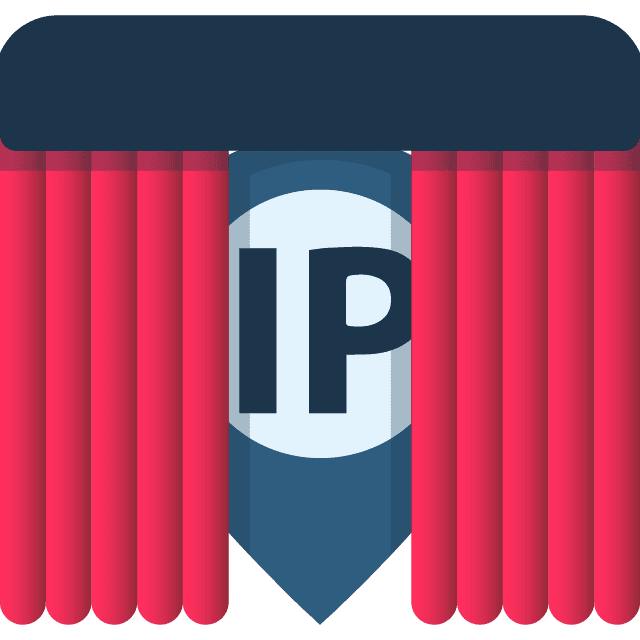Hide IP
An Internet Protocol (IP) address is the most common piece of info to identify a device online. And there may be a lot of reasons why you'd wanna hide it, including protection of your identity and sensitive data, avoiding a digital footprint, bypassing content filters, bans, and all that jazz. Well, don't sweat, buddy – you can cover your IP in many ways!
14-day money-back option



